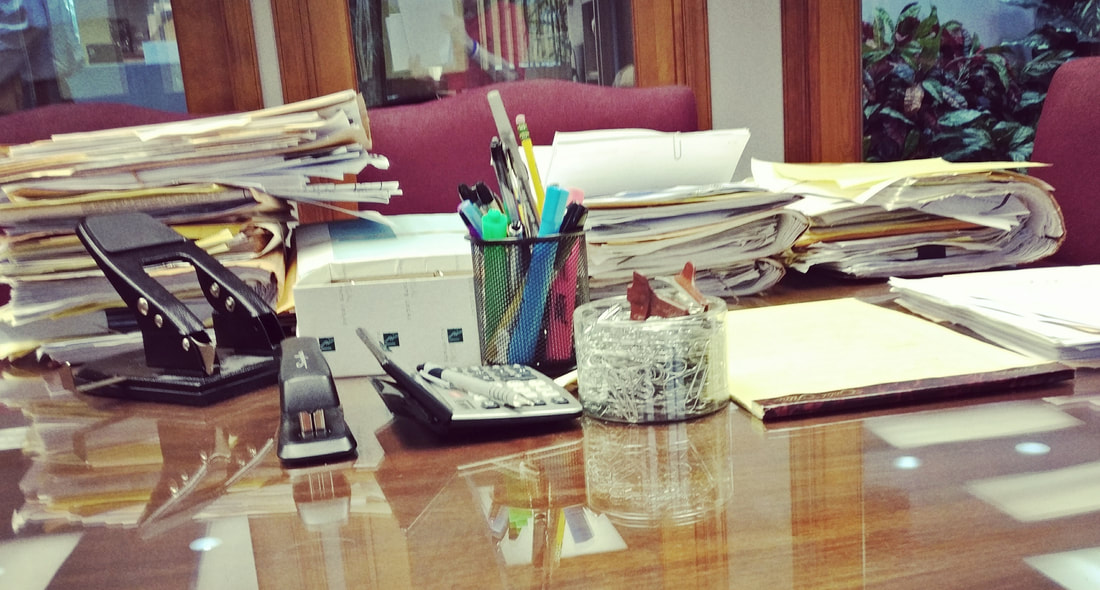|
The Closing date is the most important date of the entire real estate transaction. It is the day in which title is finally conveyed between the previous owner and the new one. After weeks of negotiations and hard work, the last thing anyone wants is for a deal to fall apart at the closing table. That's why we've outlined a few key steps every buyer and seller should take before signing on the dotted line. Following each one of the tips below will help to ensure you have a smooth and successful closing:
1. Take 1 last walk through the home. Ask your realtor to walk the property with you. Bring the repair list with you and make sure all items were addressed. Make sure items that were to be removed were indeed taken out and anything that was supposed to remain behind is still there. Don't wait until the last minute to do the walkthrough, do it the day before closing so you have time to address any issues that might arise. 2. Read paperwork BEFORE the closing. There should be no surprises when you sit down to close the deal. Depending on the type of transaction there may be a lot of paperwork to sift through. There is no need to feel overwhelmed. Request that the attorney, mortgage company, etc send you the preliminary drafts of the closing documents 2 days prior to closing. calmly go through the documents and jot down notes on anything that isn't clear to you, Then consult with your attorney or mortgage rep to get a better understanding on those items. 3. Make sure all proceed checks, escrow payments, deposits, etc. are prepared in advance. Buyers should make sure they know in advance the exact amount needed to bring to closing. Decide ahead of time which form of payment (check, credit card, wire) is best. Sellers should decide ahead of time how they want to receive the proceeds. The bottom line is you want to make sure your money goes where you want it to go at closing. 4. Make sure all contingencies are satisfied. Were all repairs completed? Did someone obtained the municipal fire and certificates of occupancy? Were all of the buyer's mortgage contingencies met? Are there any outstanding judgements, liens, or bills that need to be paid at or before closing? Buyers should consult with their mortgage rep and attorney to tie up any loose ends. Sellers should stay in contact with their attorney and title company to make sure there are no outstanding issues that could delay the sale. 5. Make sure your moving arrangements are flexible. Too many people make the mistake of thinking the closing date is set in stone. Trust me when I say that it is not! Though there are exceptions, in most cases the closing date is a "floating" deadline. The date and time can usually only be confirmed 2-3 days in advance, at best. That's why it's important to have a flexible moving schedule, and to have temporary living arrangements set up if needed. If you are selling, don't wait until the day of closing to move out. Give yourself time to move your personal belongings without the pressure and stress of looming deadlines. Lastly, don't rent a moving van or hire a moving company until the exact date and time has been confirmed by all parties involved. The closing is the most critical and emotionally charged moment of the real estate transaction. That doesn't mean it has to feel stressful and chaotic. Keep a cool head and these 5 tips in mind to help make sure your next closing is a smooth and successful one!
1 Comment
|
AuthorThis blog is to provide practical information and useful tips to home owners & sellers. Archives
March 2024
Categories |


 RSS Feed
RSS Feed
